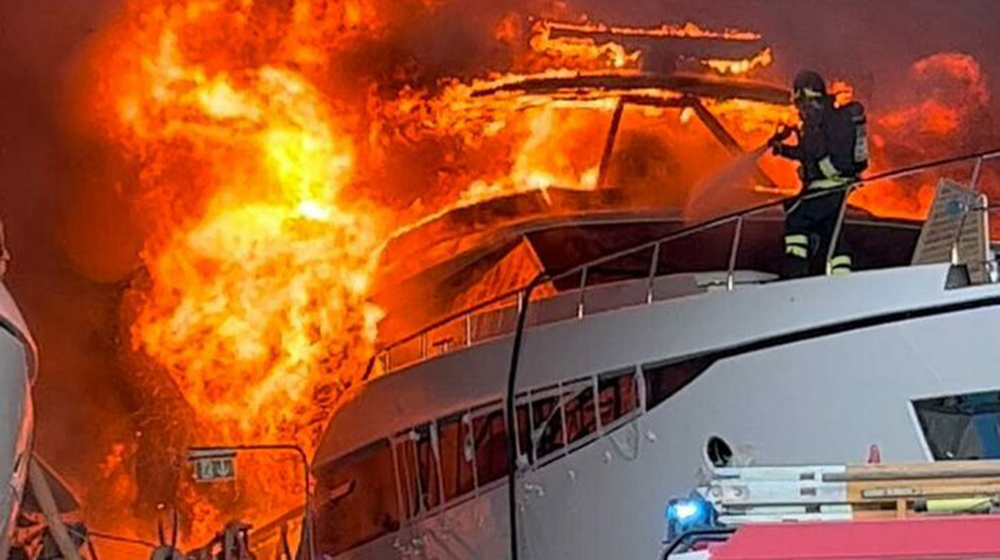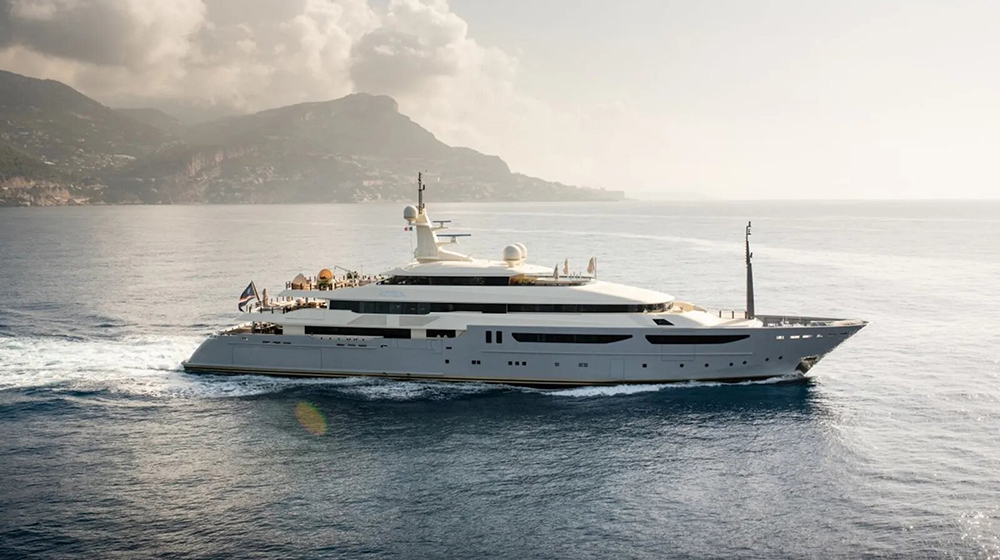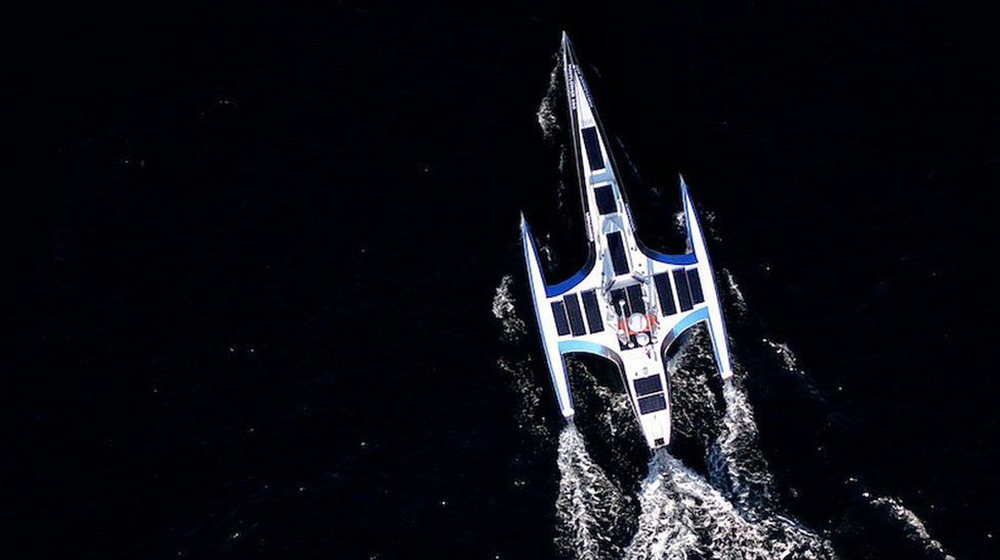
World Ocean Day: celebrating the lungs of the planet
World Oceans Day takes place all over the world on June 8th with the aim of preserving the oceans. Although we live on planet Earth, most of its surface is covered by water, and 70% of the planet is covered by seas and oceans.
These play a key role in regulating the climate, yet they are being affected by climate change. Global warming poses a serious threat to the world's oceans: rising temperatures, rising sea levels and acidification, the United Nations warns.
The habitat of thousands of species
The seas and oceans are the natural habitat of thousands of animal and plant species, providing livelihoods for millions of people. According to the United Nations (UN), fish is the main source of protein for more than one billion people. In addition, it is estimated that by 2030 there will be around 40 million workers in ocean-related jobs.
The oceans are responsible for producing 50% of the planet's oxygen as well as absorbing almost a third of the carbon dioxide in the atmosphere. That is why they are a vital part of the fight against climate change.
Related article: Scientists find mountains of sugar beneath the ocean
The importance of the blue economy
"The pandemic has hit sectors of the marine economy in different but profound ways. We have the opportunity to start afresh, and we want to ensure that recovery shifts the focus from mere exploitation to sustainability and resilience. So, to be truly green, we must also think blue." -Virginijus Sinkevicius, Commissioner for Environment, Fisheries and Maritime Affairs.
The blue economy is an emerging concept that promotes care for our marine resources. It goes beyond seeing the ocean economy as a mechanism for economic growth, it involves an awareness of the future health or productivity of those same resources.
Like the "green economy", the blue economy model aims to improve human well-being and social equity while significantly reducing environmental risks. It provides an inclusive model for coastal states that sometimes lack the capacity to manage their rich ocean resources so that they can begin to benefit from them.
Proper implementation of the Blue Economy needs to be considered in order to help save our oceans. This economic model provides more market opportunities and protects and develops the marine industry in a sustainable way.
Marine awareness resumes after the pandemic
Due to the pandemic, the last two editions of the OCeans Conference have been cancelled. This year, however, the Oceans Conference is back, an event that this year takes place in Lisbon from the 27th of June to the 1st of July.
The conference will bring together governments, researchers and marine organisations to discuss policies to help protect this environment. Despite their key role in balancing ecosystems, overfishing and human activities are damaging marine flora and endangering species.
Ninety per cent of large fish species have been affected in recent years and 50 percent of coral reefs have disappeared. This affects the composition of the water and the organisms in these habitats.
A live event will be held today on the UN website to raise awareness about the oceans and to celebrate World Ocean Day.













_v2.svg)
_v2.svg)









_v2.svg)


